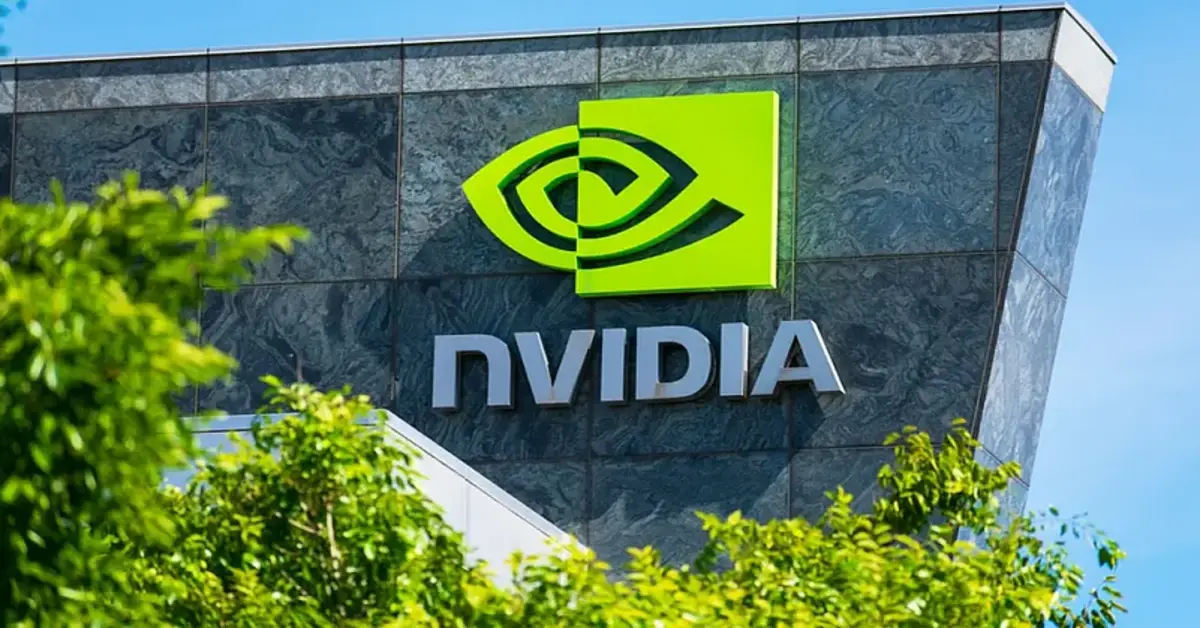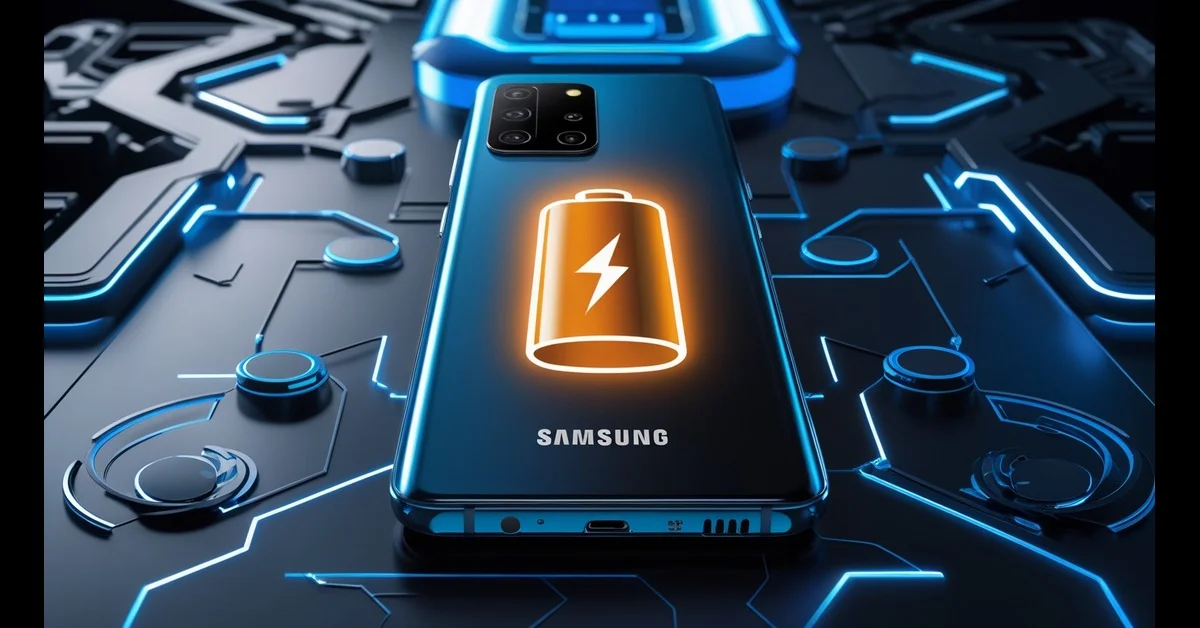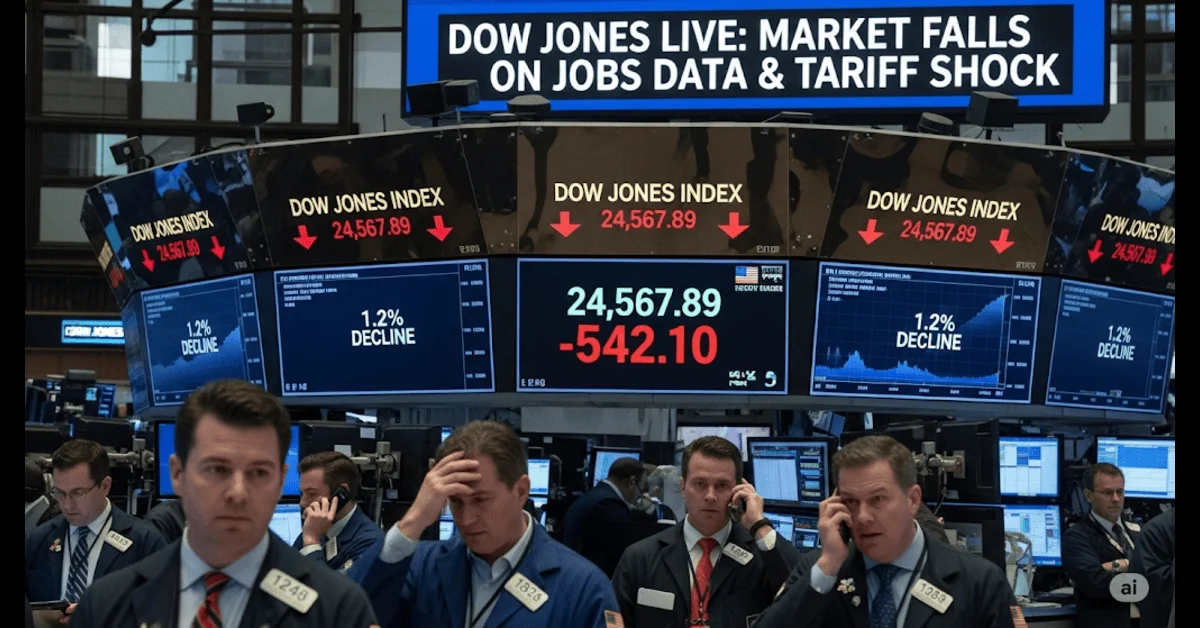Nvidia has entered a pivotal chapter as its AI-native chip strategy continues gaining momentum. Recently, the U.S. government reversed an export ban on the company’s H20 AI chips to China, prompting Nvidia to place an emergency order for 300,000 more units to meet soaring demand from firms like Alibaba, Tencent, and DeepSeek, even though those chips are less powerful than H100 or Blackwell models.
At the same time, Chinese regulators, including the Cyberspace Administration and state-run media, have voiced deep concerns over alleged security vulnerabilities or “backdoors” in the H20 chips. Chinese authorities have formally summoned Nvidia, requesting comprehensive evidence to validate the security integrity of its H20 AI chips. Nvidia denied any such vulnerabilities, emphasizing cybersecurity as a top priority.
Meanwhile, Wall Street remains optimistic. Morgan Stanley recently lifted Nvidia’s price target to $200, citing record demand for its Blackwell architecture GPUs. Analysts described Blackwell chips boasting up to 40× gains over the previous Hopper generation as outselling supply across enterprise and cloud segments. Nvidia is also forecasting continued growth, with fiscal Q2 revenue guidance around $45 billion, a 50% increase year-over-year.
Blackwell already powers Nvidia’s RTX 50 consumer GPUs announced in early 2025, providing support for 24 GB of GDDR7 memory, enhanced ray tracing, DLSS 4 with multi-frame generation, and more efficient Tensor cores, all built on TSMC’s custom 4N process. Nvidia is developing its next-gen chip lineup, with Rubin set for production in 2025, Rubin Ultra in 2027, and Feynman in 2028, promising major AI performance gains and even further leaps in AI compute performance using HBM memory.
Nvidia’s leadership continues to extend beyond hardware. At GTC 2025, the company announced a suite of AI innovations: new agentic reasoning models, robotics foundation models like Isaac GR00T, the Spectrum‑X optics networking platform to scale GPU clusters, and it has also unveiled DGX Spark, a personal AI computing platform meticulously designed to meet the evolving demands of enterprise environments.
Strategic partnerships from telecom to climate tech support Nvidia’s vision of building AI factories that span from cloud to edge.
Despite short-term pressure from geopolitical tensions and tariff concerns prompting stock volatility, investor confidence remains high. Big tech majors like Microsoft, Meta, Google, and Amazon continue investing billions in infrastructure relying on Nvidia’s hardware, reinforcing its dominance in the AI era.
Nvidia holds nearly 90% of the global AI chip market and is the first public company to exceed a $4 trillion valuation. With soaring demand and Blackwell-driven growth, it’s set to lead the future of enterprise AI infrastructure.



